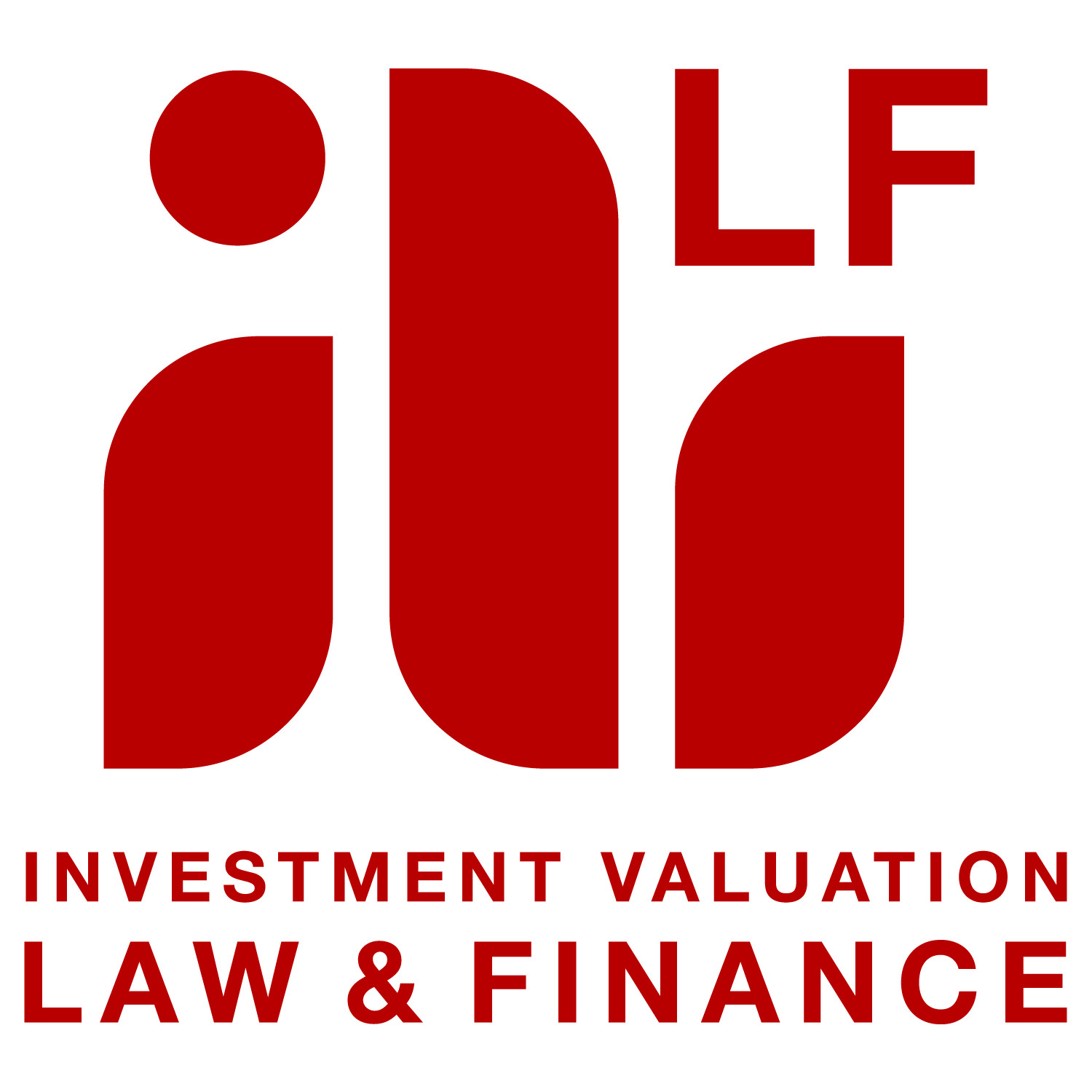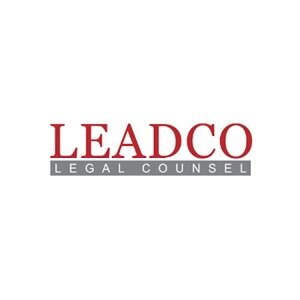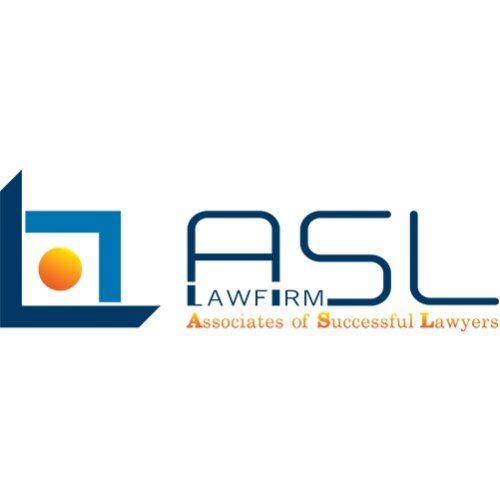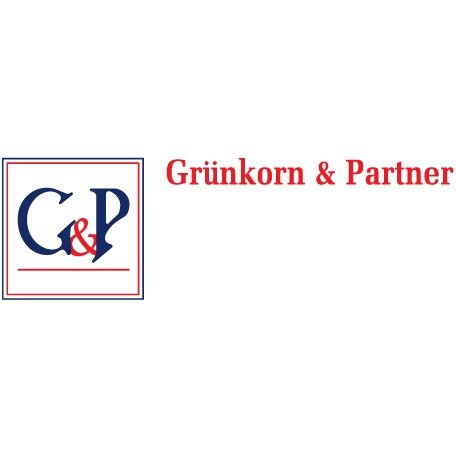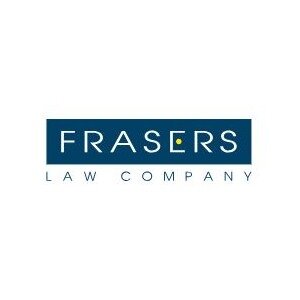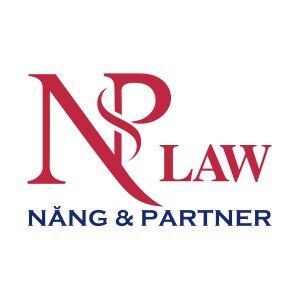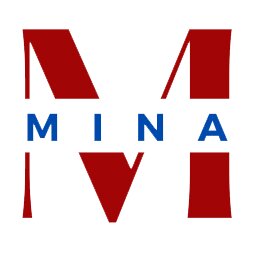Best Structured Finance Lawyers in Hanoi
Share your needs with us, get contacted by law firms.
Free. Takes 2 min.
List of the best lawyers in Hanoi, Vietnam
About Structured Finance Law in Hanoi, Vietnam
Structured finance refers to complex financial transactions that involve the pooling of financial assets and subsequent issuance of securities against these pools. In Hanoi, Vietnam, structured finance is integral for companies and financial institutions seeking to raise capital, manage risks, or diversify funding sources. This area of law governs the legal structures, compliance requirements, and risk mitigation mechanisms associated with asset-based securities such as mortgages, loans, and receivables. Given the Vietnamese financial market's rapid growth and evolving regulatory framework, structured finance transactions often involve careful analysis of contracts, local regulations, and international standards.
Why You May Need a Lawyer
Structured finance transactions are inherently complex, requiring a detailed understanding of legal documentation, regulatory compliance, and risk management. You may need a lawyer if:
- You are a business or financial institution planning to issue asset-backed securities.
- You are seeking guidance on cross-border structured finance transactions.
- Your company is considering securitization of receivables, loans, or other assets.
- You are negotiating or drafting structured finance agreements with domestic or international partners.
- You need advice regarding the regulatory requirements set by Vietnamese authorities.
- You are looking to address potential disputes or litigation arising from structured finance transactions.
Local Laws Overview
In Hanoi and throughout Vietnam, structured finance transactions are primarily regulated by several legal instruments, including:
- The Civil Code of Vietnam: Lays the foundation for contract law, property rights, and securities.
- The Law on Credit Institutions: Outlines the operation of banks and non-bank financial institutions, which are key players in structured finance.
- The Law on Securities: Governs the issuance, listing, and trading of securities, including asset-backed securities, and sets disclosure and reporting requirements.
- Regulations by the State Bank of Vietnam and State Securities Commission: Provide detailed guidance for approval, registration, and ongoing compliance.
Parties must also consider international regulations if the transaction involves overseas investors or entities. Vietnamese law is developing and practical interpretation by local authorities can affect transaction execution, making local legal counsel essential in navigating ambiguities or regulatory shifts.
Frequently Asked Questions
What is structured finance and how does it differ from traditional financing?
Structured finance involves pooling financial assets and creating complex financial products, typically securities backed by these assets, unlike traditional loans or bonds. This approach helps spread risk and create custom investment vehicles.
Who are the key regulators for structured finance transactions in Hanoi?
The main regulators are the State Bank of Vietnam, the State Securities Commission, and the Ministry of Finance, with local guidance applied by the Hanoi Department of Planning and Investment.
Can foreign investors participate in structured finance deals in Vietnam?
Yes, foreign investors can participate, but must comply with foreign ownership rules and obtain regulatory approvals as needed.
What types of assets can be securitized under Vietnamese law?
Commonly securitized assets include mortgages, car loans, trade receivables, consumer loans, and other contractual cash flows recognized under Vietnamese law.
Are there any restrictions on cross-border structured finance transactions?
Yes, cross-border deals often require approvals, proper currency controls, and strict compliance with Vietnamese and international laws regarding anti-money laundering and capital transfer restrictions.
What are the main risks associated with structured finance deals?
Risks include regulatory risks, credit and counterparty risks, timing mismatches, legal enforceability, and potential disputes between multiple stakeholders.
Is it necessary to obtain approval for issuing asset-backed securities?
Yes, issuers generally need to register and obtain approval from the State Securities Commission, ensuring compliance with disclosure and prudence requirements.
How are investor protections regulated in structured finance transactions?
Investor protections are governed through disclosure obligations, trustee arrangements, and legal recourse, as set out in the Law on Securities and implementing regulations.
What happens if a party defaults in a structured finance agreement?
Default scenarios are typically covered in detailed contract provisions, and remedies may include asset recovery, restructuring, or legal proceedings in local courts or through arbitration.
Can disputes arising from structured finance be resolved through arbitration?
Yes, parties may agree to resolve disputes through arbitration, provided there is a valid arbitration clause specified in the contract. Otherwise, state courts may have jurisdiction.
Additional Resources
For those seeking further information or guidance on structured finance in Hanoi, the following resources and organizations are recommended:
- State Bank of Vietnam - Issues regulations and approvals for banking and financial markets.
- State Securities Commission of Vietnam - Regulates securities markets and asset-backed securities.
- Vietnam Lawyers Association - Can help connect you with qualified legal professionals.
- Hanoi Department of Planning and Investment - Offers local regulatory guidance for businesses.
- Vietnam International Arbitration Centre (VIAC) - Provides arbitration services for financial disputes.
Next Steps
If you require legal assistance with structured finance in Hanoi, consider the following steps:
- Identify and list all relevant details about your transaction or legal issue.
- Seek out law firms or lawyers specializing in structured finance and Vietnamese financial regulations.
- Arrange an initial consultation to review your needs, timelines, and compliance requirements.
- Ensure that your lawyer conducts a complete legal review of the transaction structure, documentation, and regulatory requirements involved.
- Maintain ongoing communication with your legal counsel to navigate regulatory changes and resolve any issues that arise during the transaction.
Involving a legal specialist early in the process is the best way to anticipate potential challenges and ensure compliance in your structured finance transactions in Hanoi, Vietnam.
Lawzana helps you find the best lawyers and law firms in Hanoi through a curated and pre-screened list of qualified legal professionals. Our platform offers rankings and detailed profiles of attorneys and law firms, allowing you to compare based on practice areas, including Structured Finance, experience, and client feedback.
Each profile includes a description of the firm's areas of practice, client reviews, team members and partners, year of establishment, spoken languages, office locations, contact information, social media presence, and any published articles or resources. Most firms on our platform speak English and are experienced in both local and international legal matters.
Get a quote from top-rated law firms in Hanoi, Vietnam — quickly, securely, and without unnecessary hassle.
Disclaimer:
The information provided on this page is for general informational purposes only and does not constitute legal advice. While we strive to ensure the accuracy and relevance of the content, legal information may change over time, and interpretations of the law can vary. You should always consult with a qualified legal professional for advice specific to your situation.
We disclaim all liability for actions taken or not taken based on the content of this page. If you believe any information is incorrect or outdated, please contact us, and we will review and update it where appropriate.




